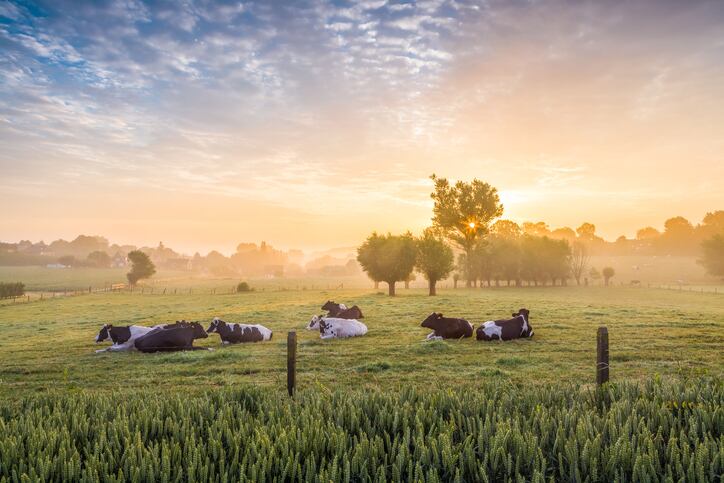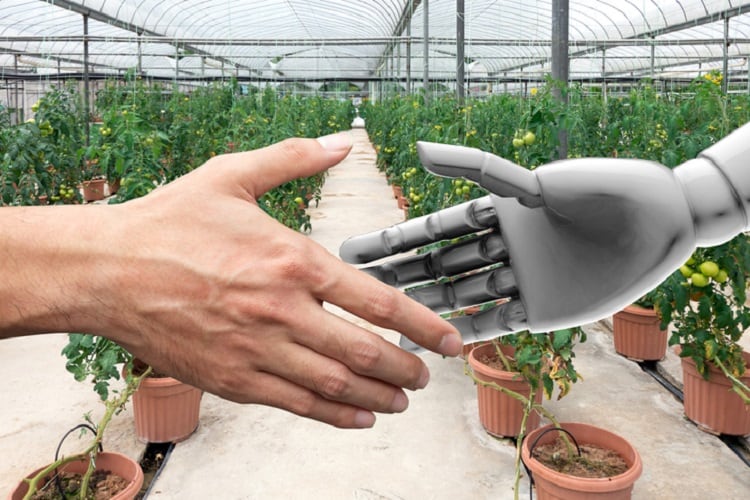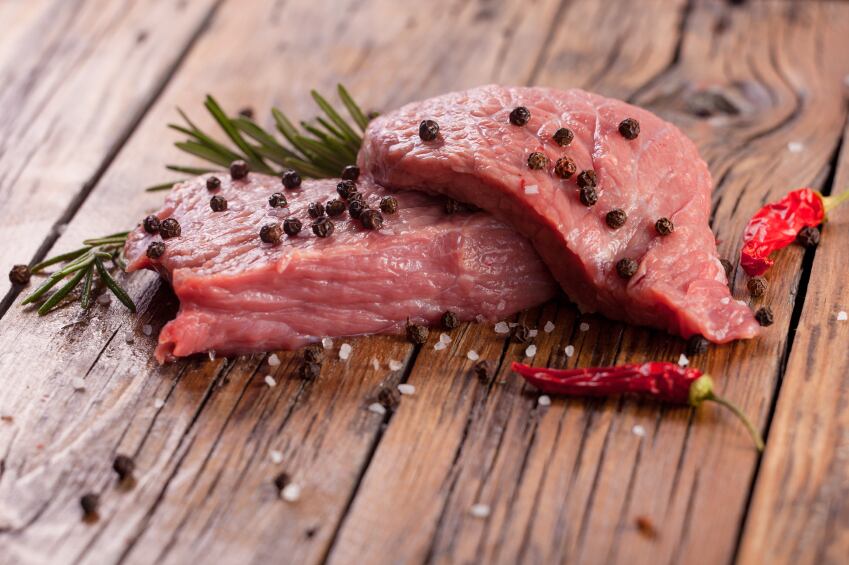According to animal welfare charity, the RSPCA, mandatory ‘method of production’ labelling for all animal products would show the government is “serious” about improving animal welfare after Brexit.
The organisation argued UK shoppers want to buy higher-welfare products but are left “confused” by the current labelling system. “Our aim is to work with government and food and farming industries to establish a labelling system solution that benefits farmers, provides consumers with the information they need to make an informed choice, and most importantly, brings about improvements in farm animal welfare,” a spokesperson told FoodNavigator.
‘Make good’ on promise of welfare labels
The UK government suggested it would look at 'method of production' labelling as part of its plans for food and farming post-Brexit in its Health and Harmony paper published earlier this year.
Speaking at the Oxford Real Farming Conference, RSPCA Head of Public Affairs David Bowles said: “While we were encouraged when the government put it on record that mandatory food product labelling would be included in the UK’s new Agriculture Bill, it now needs to make good on that promise.
“The market for higher welfare food would be given a huge boost with ‘method of production’ food labelling. It would enable shoppers to make informed buying choices based on how farm animals are kept."
‘Consumers want welfare labels’
Bowles insisted that there is strong consumer demand for animal welfare labels, citing consumer polling conducted by YouGov.
According to a 2017 survey, eight out of ten UK shoppers said they would be encouraged to buy higher welfare products if there was consistent labelling across meat and dairy products. Meanwhile, a 2018 YouGov poll found two-thirds British people believe that food produced using methods prohibited in the UK - such as foie gras - should not be allowed into the UK after Brexit.
Concern over welfare conditions have driven the “significant growth” of higher welfare egg sales, Bowles argued.
However, he continued, in meat and dairy there is “little opportunity” for consumers to have this information at the point of sale.
“At the moment, products can feature rolling green fields, happy animals or fictional farm names on the labels of their animal products, regardless of the conditions those farm animals were raised in, which risks consumers believing they are buying a higher welfare product when in fact they may not.
“Mandatory method of production could support farmers who are already producing to higher standards, but have no means to differentiate their product in the market due to current ambiguous labelling terms. It would also reward those farmers who are prepared to invest in higher welfare systems and help create a brand of quality British food as the Government negotiates new trade deals and market access post-Brexit.”



